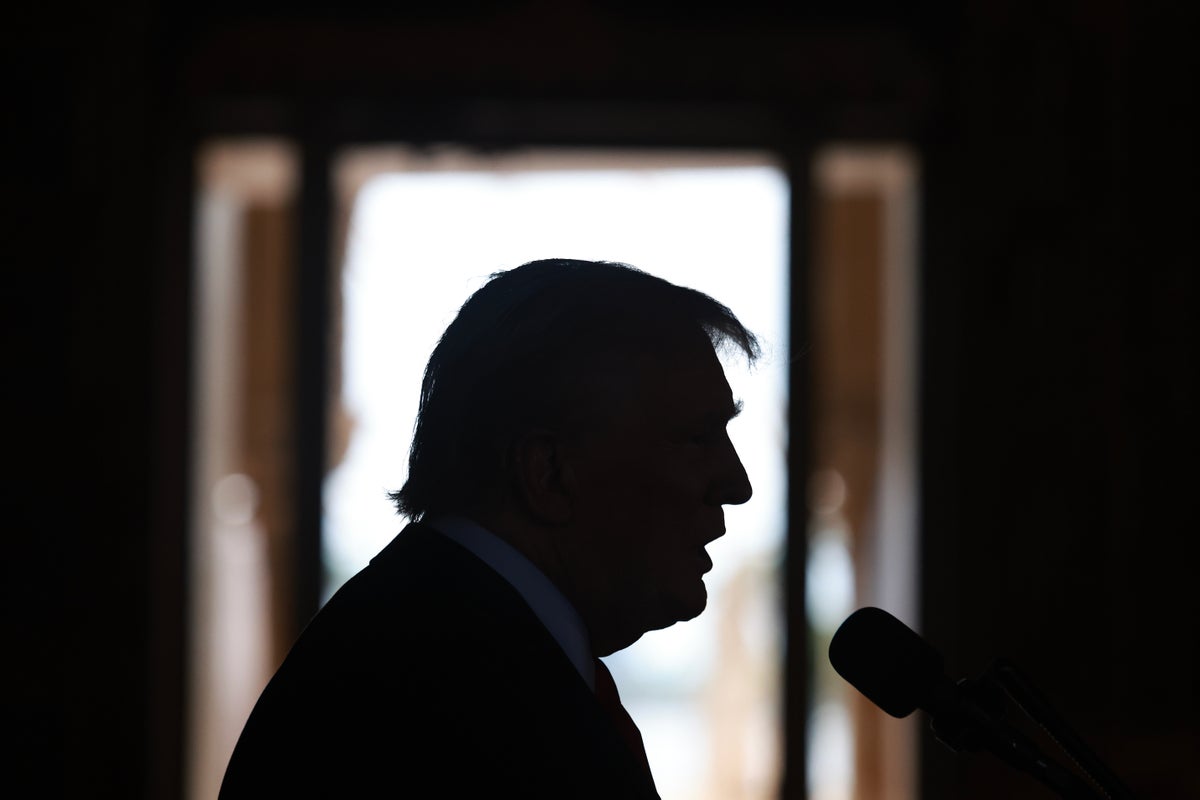
Support truly
independent journalism
After Donald Trump lost the state of Arizona in 2020, Cochise County Board of Supervisors members Tom Crosby and Peggy Judd repeatedly tried to delay certifying the results, citing debunked reports that voting machines were corrupted.
On November 27, 2023, a grand jury indicted Judd and Crosby on felony charges of conspiracy and interference with an election officer.
They’ll scheduled to be back on the board when it meets to certify 2024’s results.
Judd and Crosby are among more than 30 officials in eight states who refused to certify 2020 results but who are set to return to their positions to potentially do it again in 2024, according to a report from democracy watchdog group Citizens for Responsibility and Ethics in Washington.
Election interference threats have only continued to escalate in the years since the turbulent aftermath of the 2020 election, when local-level attempts to block results were in parallel with the Trump campaign’s spurious legal efforts to reject them in courts.
The report identified at least five election-denying county-level officials in Arizona, eight in Georgia, five in Nevada and nine in Pennsylvania — swing states where election results could be decided on extremely narrow margins where every vote counts.
The report also identified four such officials in North Carolina, three in Colorado and three in New Mexico. All of them refused to certify results in 2020.
“Free and fair elections are the bedrock of American democracy, and they are currently under serious threat,” the watchdog’s president Noah Bookbinder said in a statement accompanying the report.
“It is imperative that those with the power to ensure that election results are certified take preventative actions — and remedial actions if necessary — to protect and validate the votes of the American public,” he added.
None of these officials’ attempts were successful. Blocking election results from being certified cannot be held up in court, and state authorities have mechanisms in place to protect them.
The role that local officials play in the process is largely ministerial and not intended for individual officials to unilaterally throw into doubt, but pro-Trump officials in several states are trying to change the rules to make vote certification discretionary.
In Georgia, the state’s Republican-controlled state election board recently approved a measure that allows local officials to conduct a “reasonable inquiry” that “the results are a true and accurate accounting of all votes cast in that election.”
That language, which is expected to face imminent legal challenges, could give Trump a powerful tool to challenge results and disenfranchise millions of voters in the process.
Right-wing legal groups across the country are endorsing proposed legislation and launching legal battles to try to assert authority over certification processes, underscoring how far the former president’s allies will go, down to the local level, to contest the results of an election he could lose.
In Arizona, right-wing groups are suing to change the state’s election manual, and in Nevada, an official in the state’s second-largest county refused to certify a recent election, teeing up a legal battle at the state Supreme Court.
More than 200 state lawmakers who denied 2020 results are also still serving in seven swing states, presenting a “threat to current and future elections, either by their actions as legislators, by promoting disinformation and conspiracy theories, or by their demonstrated failure to respect legitimate election results,” according to a separate review from democratic advocacy group States United Action.
“States have comprehensive processes to resolve legitimate disputes about vote counts or fraud, but county certification is not part of that process,” Bookbinder said in a statement.
“County certification is not an opportunity for county officials to politically grandstand, lodge protest votes against election practices they dislike or investigate suspected voter fraud,” he added. “Officials across the country need to take the threats to election certification seriously and act now to ensure that they aren’t realized.”







